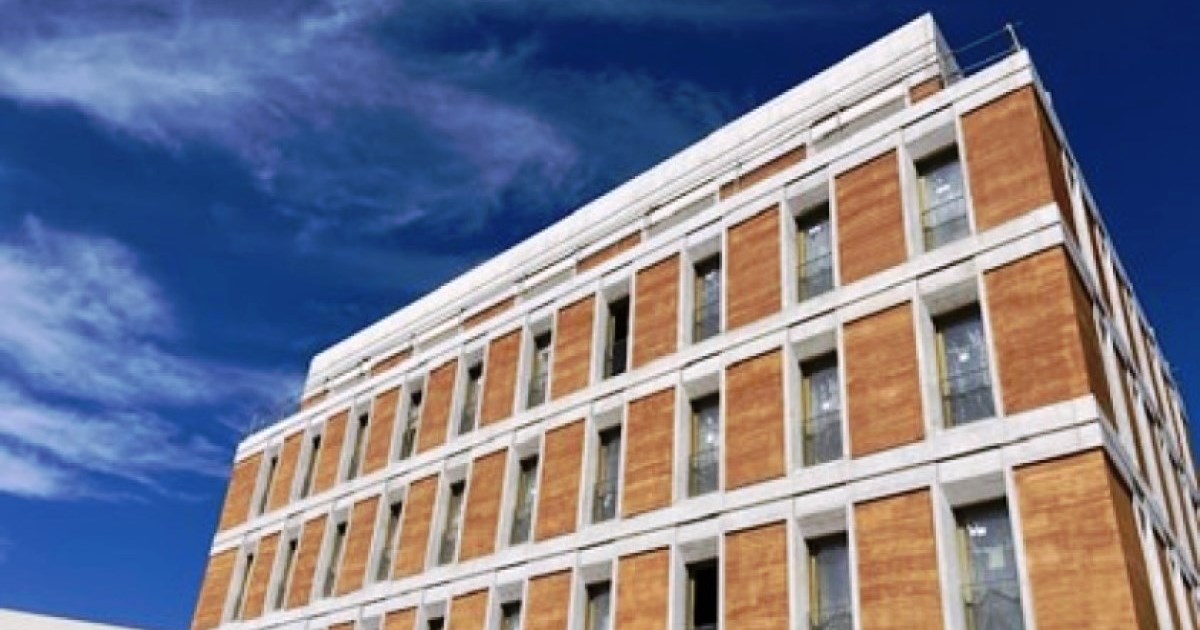Research on the Sustainability of Building Materials: From Laboratory Tests to Real Construction Projects
A special issue of Buildings (ISSN 2075-5309). This special issue belongs to the section "Building Materials, and Repair & Renovation".
Deadline for manuscript submissions: 15 April 2026 | Viewed by 37

Special Issue Editor
Interests: building materials; vernacular architecture; environmental performance of buildings; ecodesign; local ressources
Special Issue Information
Dear Colleagues,
The construction industry, which is responsible for around 40% of global carbon emissions, plays a major role in the deterioration of our environment, due to its significant consumption of natural resources and generation of a large amount of waste. Sustainability is an imperative demand for the sector, which is under increasing pressure to diminish its ecological footprint and carbon output. Historically, the choice of building materials was mainly dictated by local building cultures. The 20th century marked a paradigm shift with the use of industrial materials whose physical and economic performances and production efficiency improved.
Many laboratory research works have been carried out around the world to develop building materials that offer renewable sources, low emissions and improved energy efficiency. This Special Issue proposes to study the significant challenges that these materials face in terms of market acceptance and scale-up. For example, economic barriers, such as higher upfront costs and regulatory aspects that prevent the integration of innovative materials into existing building practices, are obstacles that require further study. Case studies are essential to understand the difficulties of implementing sustainable building materials in real projects. By studying the deployment of these materials in real construction projects, valuable information on their performance, durability and environmental impact under real conditions may be obtained. Case studies are indispensable in the field of sustainable construction, serving as in-depth examinations of specific applications of sustainable materials within concrete projects. They provide critical information on material performance, sustainability benefits and practical challenges encountered during implementation.
Prof. Dr. Philippe Devillers
Guest Editor
Manuscript Submission Information
Manuscripts should be submitted online at www.mdpi.com by registering and logging in to this website. Once you are registered, click here to go to the submission form. Manuscripts can be submitted until the deadline. All submissions that pass pre-check are peer-reviewed. Accepted papers will be published continuously in the journal (as soon as accepted) and will be listed together on the special issue website. Research articles, review articles as well as short communications are invited. For planned papers, a title and short abstract (about 100 words) can be sent to the Editorial Office for announcement on this website.
Submitted manuscripts should not have been published previously, nor be under consideration for publication elsewhere (except conference proceedings papers). All manuscripts are thoroughly refereed through a single-blind peer-review process. A guide for authors and other relevant information for submission of manuscripts is available on the Instructions for Authors page. Buildings is an international peer-reviewed open access semimonthly journal published by MDPI.
Please visit the Instructions for Authors page before submitting a manuscript. The Article Processing Charge (APC) for publication in this open access journal is 2600 CHF (Swiss Francs). Submitted papers should be well formatted and use good English. Authors may use MDPI's English editing service prior to publication or during author revisions.
Keywords
- bio-based materials
- geo-based materials
- recycled materials
- reuse materials
- ecodesign
- sustainable architecture
- advanced manufacturing techniques
Benefits of Publishing in a Special Issue
- Ease of navigation: Grouping papers by topic helps scholars navigate broad scope journals more efficiently.
- Greater discoverability: Special Issues support the reach and impact of scientific research. Articles in Special Issues are more discoverable and cited more frequently.
- Expansion of research network: Special Issues facilitate connections among authors, fostering scientific collaborations.
- External promotion: Articles in Special Issues are often promoted through the journal's social media, increasing their visibility.
- Reprint: MDPI Books provides the opportunity to republish successful Special Issues in book format, both online and in print.
Further information on MDPI's Special Issue policies can be found here.





